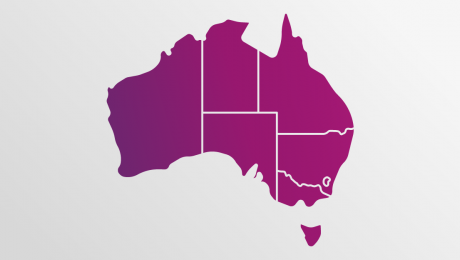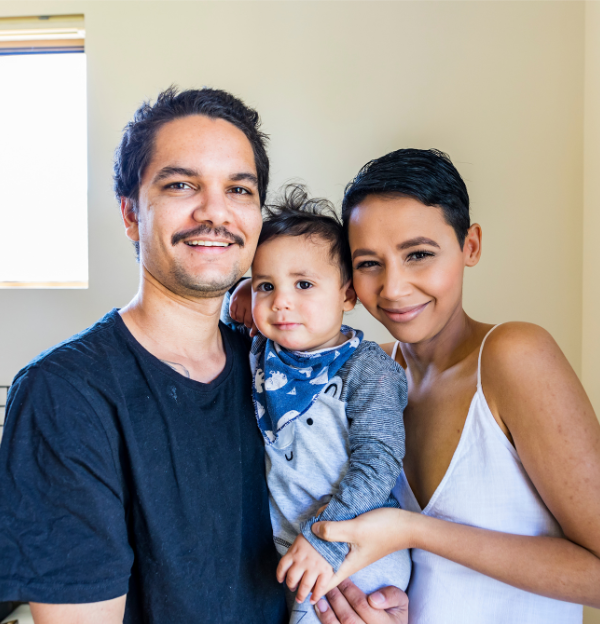
Update on the NDIS Rollout
15th Jul 16
The NDIS – which began rolling out in year 1 districts from 1 July – will give people with permanent and significant disability real choice and control over their lives by allowing them to decide what supports they receive, when and how often.
The Scheme will be rolled out across NSW over two years between 1 July 2016 and 30 June 2018. When a current client can access the NDIS will depend on where they live and what disability supports they currently receive.
The focus over this period will be upon transitioning existing Ageing, Disability and Home Care (ADHC) clients to the NDIS. However, there is some capacity during the rollout for people who are in immediate need of assistance and have not previously received supports to access the Scheme when it starts in their local area.
With this in mind, from 1 July 2016 NSW government agencies will refer people with disability – who are not currently receiving disability supports – in year 1 areas to the National Disability Insurance Agency (NDIA).
In year 2 areas, NSW government agencies will continue to refer people who are in need of disability supports to ADHC, consistent with current procedures, until transition starts from 1 July 2017.
From 1 July 2018, all eligible people living in NSW will be able to access the NDIS.
The change to the way disability supports are provided under the NDIS places people with disability at the centre of the decision-making process, and service providers will need to review and adapt their current business operations to take full advantage of the opportunities the Scheme presents.
When the roll out is complete in NSW, it will also mean that ADHC no longer provides residual specialist disability supports or basic community services. The whole of the New South Wales specialist disability budget will be transferred to the NDIS by July 2018.
Early Intervention, Child Protection and Out-of-Home Care and the NDIS
There are a number of interdependencies between ADHC and the Early Intervention, Child Protection and Out-of-Home Care (OOHC) programs. At the moment, the NSW Government and the Commonwealth are working to finalise arrangements covering these programs during the NDIS transition and beyond.
Details such as new referral points, processes and protocols, along with the clarification of existing arrangements and what they mean under the NDIS are being worked through. More specifically, key issues being worked through are:
- how emergencies, placement breakdowns and the risk of relinquishment will be responded to where disability is a factor
- the reporting and sharing of child protection information with the NDIA and disability service providers
- the division of responsibility for services and funding between FACS and the NDIA.
Another issue currently under discussion with the NDIA is which individuals or agencies have authority to represent a child or young person in OOHC through the NDIS planning process. Further information will be shared once these discussions have been finalised. However in the interim, where a child or young person is case managed by the Department of Family and Community Services (FACS), they will be represented by FACS casework staff that will be required to attend NDIS planning meetings with them. Where case management is the responsibility of an NGO, the NGO will represent the child or young person through the NDIS planning process.
It is acknowledged that – during the planning process – foster carers will be able to provide valuable insights into the needs of the child or young person, and it will be the role of FACS casework staff or the NGO with case management to ensure they are invited to participate.
Information about how the NDIS relates to Early Intervention, Child Protection and OOHC is attached to this email. Further information will be shared as working arrangements are agreed with the NDIA.
For more information about the rollout of the NDIS in NSW, visit: www.ndis.nsw.gov.au. This website contains a range of key resources to help clients and service providers understand the transition to the NDIS – including resources in Easy English, a range of community languages, and resources appropriate for Aboriginal people.
For information about NDIS planning and eligibility, visit: www.ndis.gov.au.



